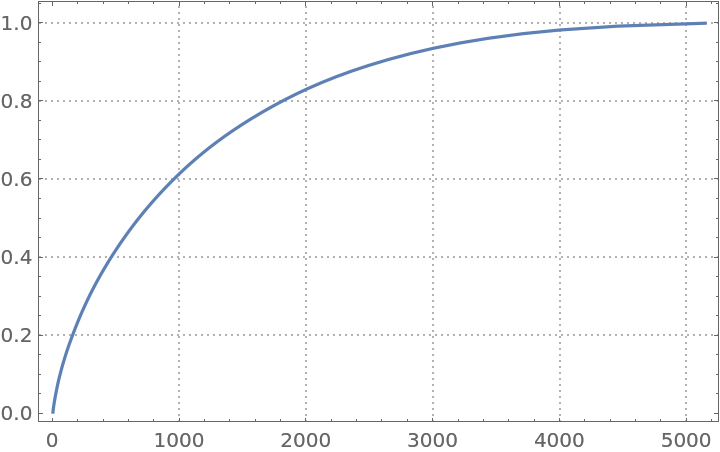Wolfram Function Repository
Instant-use add-on functions for the Wolfram Language
Function Repository Resource:
Compute the Soundex phonetic identifier of a word
ResourceFunction["Soundex"][word] finds a ResourceFunction["Soundex"] phonetic identifier of the string word. |
Find the Soundex identifier of a word:
| In[1]:= |
| Out[1]= |
The Soundex identifier of a misspelled word (the result is the same as the previous one):
| In[2]:= |
| Out[2]= |
The character case does not matter:
| In[3]:= |
| Out[3]= |
| In[4]:= |
| Out[4]= |
Digits are not processed and become part of the result:
| In[5]:= |
| Out[5]= |
Soundex has the attribute Listable:
| In[6]:= |
| Out[6]= |
Compute an association of dictionary words and corresponding Soundex codes:
| In[7]:= | ![AbsoluteTiming[
codes = Association@
Map[# -> ResourceFunction["Soundex"][#] &, DictionaryLookup["*"]];
]](https://www.wolframcloud.com/obj/resourcesystem/images/7a1/7a11d5a3-a362-4774-8eb4-bf3de3da4f32/20a3347a98035416.png) |
| Out[7]= |
Show the top 20 most "popular" Soundex codes:
| In[8]:= |
| Out[8]= |  |
Show that the Soundex codes adhere to the Pareto principle:
| In[9]:= | ![freqs = SortBy[Tally[Values[codes]], -#[[2]] &][[All, 2]];
freqs = Accumulate[freqs]/Total[freqs];
ListLinePlot[freqs, PlotTheme -> "Detailed"]](https://www.wolframcloud.com/obj/resourcesystem/images/7a1/7a11d5a3-a362-4774-8eb4-bf3de3da4f32/567e71785c2c6dfd.png) |
| Out[11]= |  |
Show the words corresponding to one of the top Soundex codes:
| In[12]:= |
| Out[12]= |  |
Pick some words:
| In[13]:= |
| Out[8]= |
Introduce random misspellings:
| In[14]:= | ![misspelled = MapThread[
RandomChoice[{StringDrop[#1, {#2}], StringReplacePart[#, RandomChoice[CharacterRange["a", "x"]], {#2, #2}]}] &, {words, RandomInteger[{1, StringLength[#]}] & /@ words}]](https://www.wolframcloud.com/obj/resourcesystem/images/7a1/7a11d5a3-a362-4774-8eb4-bf3de3da4f32/0364597e60117233.png) |
| Out[14]= |
Compare the corresponding Soundex codes for both word sets:
| In[15]:= |
| Out[15]= |
The Soundex codes of the misspelled words are found in the Soundex codes of the spelling correction lists:
| In[16]:= | ![MapThread[
MemberQ[ResourceFunction["Soundex"] /@ SpellingCorrectionList[#2], ResourceFunction["Soundex"][#1]] &, {words, misspelled}]](https://www.wolframcloud.com/obj/resourcesystem/images/7a1/7a11d5a3-a362-4774-8eb4-bf3de3da4f32/0e8764fddccdaf59.png) |
| Out[16]= |
This work is licensed under a Creative Commons Attribution 4.0 International License